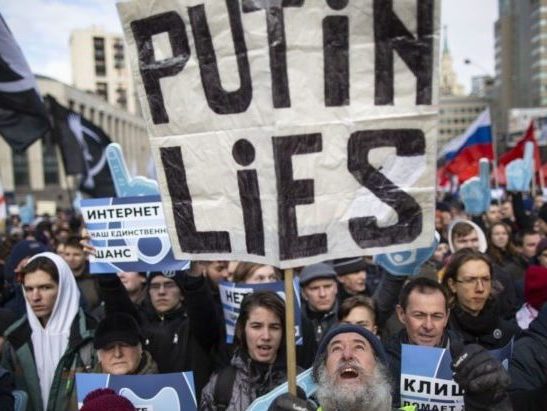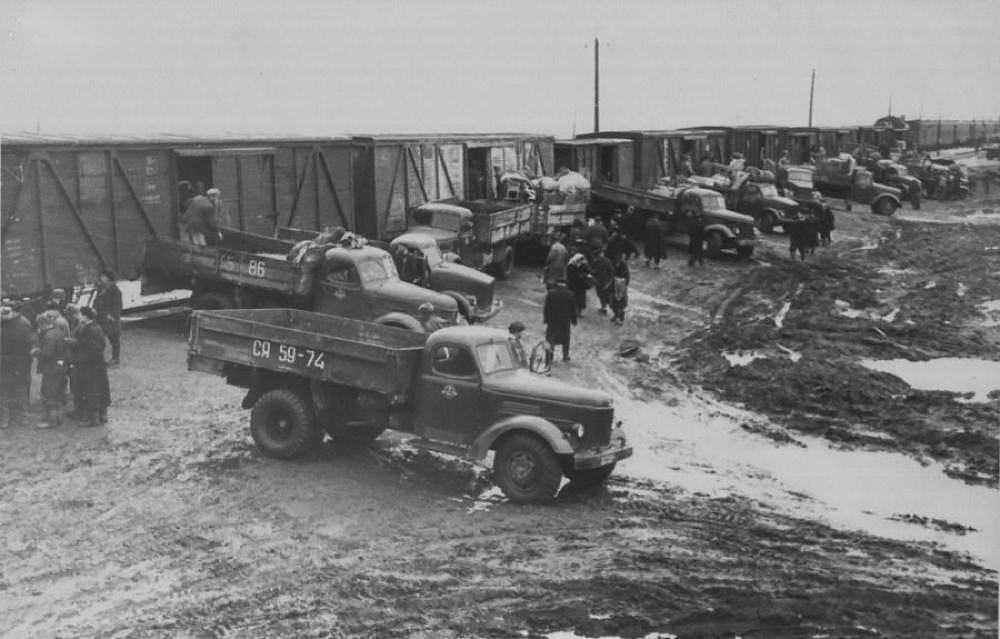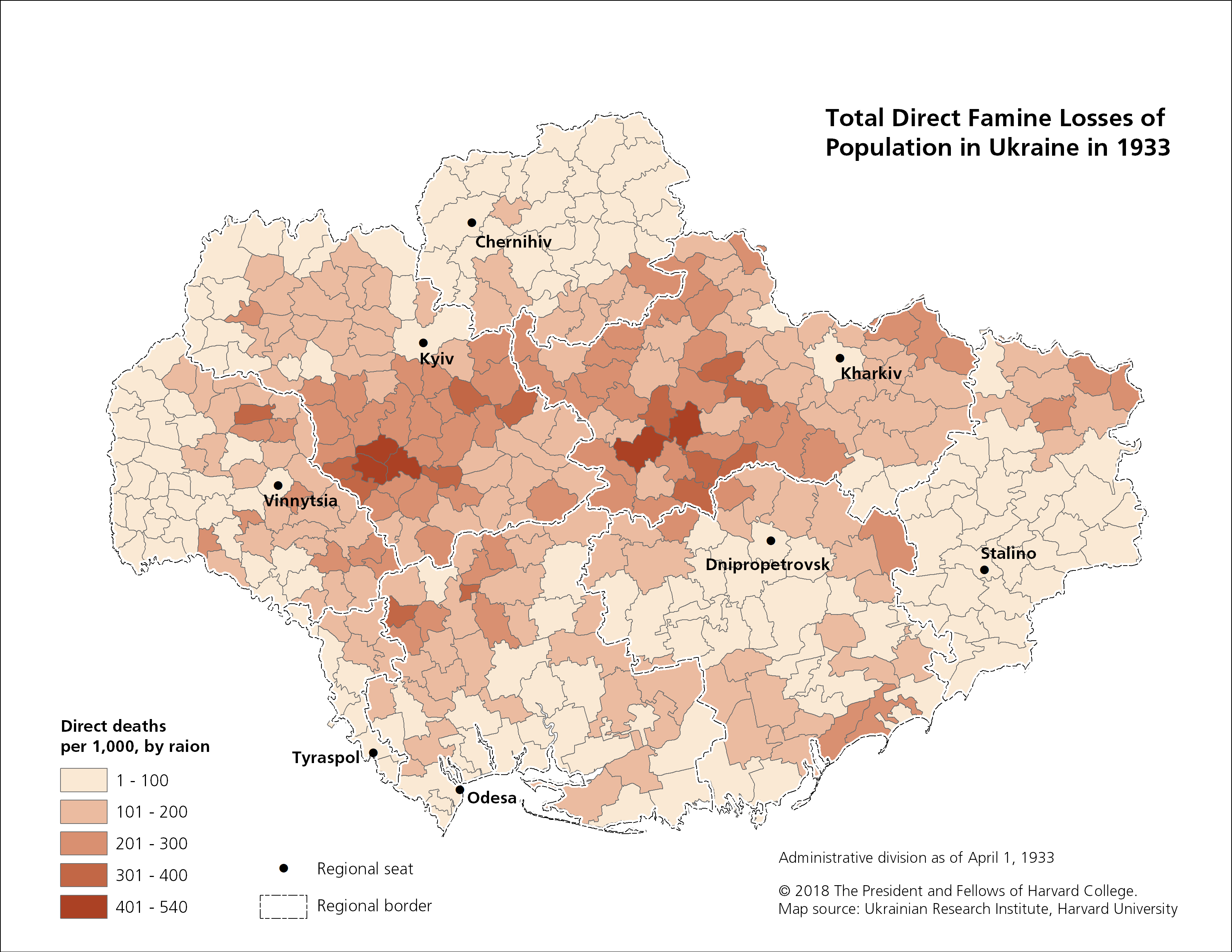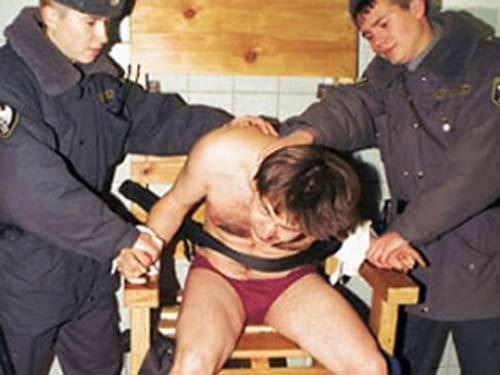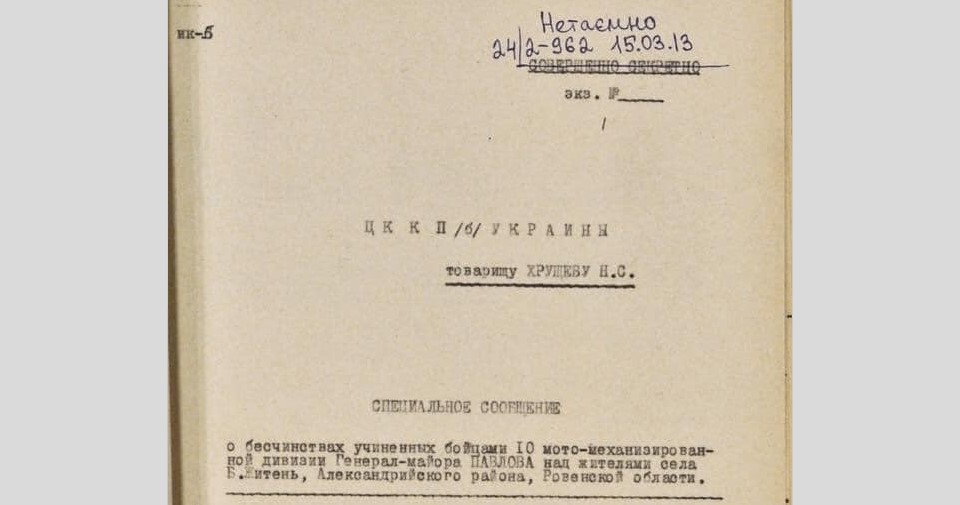ft
“Russia and Ukraine accuse each other of purported strike on prison.” “Russia and Ukraine trade blame over prison blast.” “Russia, Ukraine Accuse Each Other of Prison Attacks That Killed Ukrainian POWs.” “Russia and Ukraine trade blame for a deadly attack on a POW prison.” “Russia, Ukraine trade blame for shelling at PoW prison that killed dozens.” “Russia, Ukraine trade blame for dozens of deaths in Donetsk prison destruction.”
These are some of the international headlines after an explosion at a penal colony in Olenivka, Donetsk Oblast, where Ukrainian prisoners were being held on 29 July. According to the Kremlin-aligned Russian media outlet, RIA Novosti, 53 were killed and 75 injured.
When politicians, journalists, analysts, and experts seek “objectivity” – the freedom from bias – they use phrases like “Russia and Ukraine claim,” “Russia and Ukraine allege,” “Russia and Ukraine accuse each other,” or describe the two as “the parties to the war.”
Freedom of bias is crucial in a situation where we don’t know the facts or don’t have access to all the evidence. The presumption of innocence is a legal principle that anyone accused of any crime is considered innocent until proven guilty; it also guides us when we address atrocities and war crimes.
Our choice of words, however, is extremely important. In the act of being politically correct and adhering to the rule of “objectivity,” we run the risk of ignoring what we already know as facts. More crucially, the act of balancing includes the risk of lending credit to the aggressor while diminishing that of the victim.
I am not in the position to independently verify the claims or accusations of either the Russian Federation or Ukraine following the killing of Ukrainian prisoners of war in Olenivka. I did not witness the explosion. I was not there. And even if I had been present, I lack the knowledge and experiences of a forensic expert and could, therefore, not objectively ascertain guilt.
However, after having followed Russia’s war against Ukraine closely since 20 February 2014 and after having served as a Defence Attaché in Ukraine from 2014-18, I will claim to have established an objective view of the credibility of Russia and Ukraine.
The short version is that when it comes to truth and lies, Russia and Ukraine are two distinctly different countries. It is as distinctive as night and day.
Where Russia is an autocracy that has weaponized information and uses disinformation to confuse and manipulates as a part of its hybrid war, Ukraine is a democracy that – like any NATO or EU member state – adheres to fundamental human rights. In contrast to Russia, the president, government, and parliament are held accountable by the people.
What does that mean in practical terms?
EUvsDisinfo, the flagship project of the European External Action Service’s East StratCom Task Force, was established in 2015 to better forecast, address, and respond to the Russian Federation’s ongoing disinformation campaigns affecting the European Union, its Member States, and countries in the shared neighborhood. As of today, its database contains 14.101 samples of pro-Kremlin disinformation. Both President Putin and Foreign Minister Lavrov have been directly linked to multiple cases but are indirectly linked to all of them.
A similar database for Ukraine does not exist. A democracy is unable to weaponize information simply because it does not control it.
On the contrary, the European Council has decided to grant Ukraine the status of candidate country. It has carried out many challenging reforms and successfully aligned its legislation with the EU in many areas. As a result, Ukraine is seen as a European State, which has given ample proof of its adherence to the values on which the European Union is founded. This includes respect for human dignity, freedom, democracy, equality, the rule of law, and respect for human rights, including the rights of persons belonging to minorities.
In the Freedom in the World 2022 index, Ukraine is described as partly free (alongside Moldova, Serbia, Hungary, Albania, North Macedonia, and Montenegro). Russia, in contrast, is listed as “not free.” “Within its borders, the Russian government used expanded “foreign agent” laws to sideline human rights groups and activists, culminating in an order to close the widely respected organization Memorial. President Vladimir Putin’s regime expanded its crackdown on political opponents and civil society organizations, thwarting any genuine competition in the September parliamentary elections.”
What is Azov Regiment? Honest answers to the most common questions
Over the past decade, Ukraine has become a regional leader in journalism and press freedom. The country enacted an ambitious press freedom reform, including a law on transparency of media ownership and the creation of an independent public broadcaster. In the 2022 World Press Freedom Index, Ukraine was rated 106 of 180 (defined as a problematic situation but still better than an EU and NATO member like Greece). Russia, in contrast, is number 155 (defined as a very serious situation for press freedom, and in the same group as Afghanistan, Saudi-Arabia, China, Iran, and North Korea). “Since Russia invaded Ukraine in February 2022, almost all independent media have been banned, blocked and/or declared “foreign agents.” All others are subject to military censorship.”
According to the US Department of State, “Disinformation is one of the Kremlin’s most important and far-reaching weapons. Russia has operationalized the concept of perpetual adversarial competition in the information environment by encouraging the development of a disinformation and propaganda ecosystem. This ecosystem creates and spreads false narratives to strategically advance the Kremlin’s policy goals. There is no subject off-limits to this firehose of falsehoods. Everything from human rights and environmental policy to assassinations and civilian-killing bombing campaigns are fair targets in Russia’s malign playbook.Everything from human rights and environmental policy to assassinations and civilian-killing bombing campaigns are fair targets in Russia’s malign playbook.
Truth disarms Russia’s disinformation weapons. The Kremlin creates and spreads disinformation in an attempt to confuse and overwhelm people about Russia’s real actions in Ukraine, Georgia, and elsewhere in Europe. Because the truth is not in the Kremlin’s favor, Russia’s intelligence services create, task, and influence websites that pretend to be news outlets to spread lies and sow discord. Disinformation is a quick and fairly cheap way to destabilize societies and set the stage for potential military action. Despite having been exposed for engaging in these malign activities countless times, Russia continues to work counter to international norms and global stability.”Disinformation is a quick and fairly cheap way to destabilize societies and set the stage for potential military action
All of this, including Russia’s atrocities in Ukraine (and elsewhere), is translated into credibility. Or rather, the lack of credibility.
The Russian claim that Ukraine would intentionally kill its own soldiers has no credibility whatsoever. Mistakes do, of course, occur in the fog of war. But even that is unlikely considering the quality of Ukrainian intelligence (supported by the West), its capability to conduct precision strikes behind enemy lines, and the need to economize the use of the HIMARS weapon system. This means that any use is a result of a deliberate decision process based on trustworthy intelligence.
This event also runs contrary to all Ukraine represents as a democracy, its values and principles, and not at least, its national interests. It would have had everything to lose and absolutely nothing to gain from killing its own soldiers.
Based on the Russian atrocities we have witnessed during the last five months– from the executions in Bucha and multiple evidence of torture to the bombing of the theatre in Mariupol – the idea of Russia killing their prisoners in an attempt to discredit Ukraine, to stop the Western supply of weapons and induce social strife is, however, much too likely. After all, it has been conducting false flag operations for the same purpose for more than 8,5 years already.
Disregarding human life and dignity has, after all, been a hallmark of Vladimir Putin’s devastating war in Ukraine, marked by violence not seen in Europe since the Yugoslavian wars of the early ’90s. The Ukrainian government is presently investigating more than 25,750 suspected war crimes and says the Russian military intentionally targets schools, museums, and other civilian infrastructure.
How the West enabled genocide in Mariupol with its misguided Azov obsession
“Objectivity” – the freedom from bias – and the use of phrases like “Russia and Ukraine claim,” “Russia and Ukraine allege,” and “Russia and Ukraine accuse each other,” have become both a part of our vocabulary and journalistic standards. That should, however, not stop us from adding credibility to the equation.
While Ukraine is not perfect, Russia is outright broken. We cannot continue addressing them as a peer.
One is an aggressor, and the other is a victim. One represents autocracy, the other democracy. One is at war against our shared values, while the other represents and defends them. One is assaulting the international rule of law, while the other is protecting it. One uses the information to confuse and manipulate, while the other uses it to inspire us. One lies, and one represents truth. And between the two, only Ukraine is credible.
It is high time we recognize disinformation as a virus that spreads, festers, and ultimately kills. It undermines the very foundation of democracy. Russia has weaponized information to destabilize countries, create discord and undermine both the EU, NATO and the transatlantic link.
Russia must be isolated and lose its voice. We should ban not only Russian media outlets and social channels but also the ones responsible for the lies, disinformation, propaganda, and atrocities. The lies of the Russian leadership must be stopped.
We must insist that every quote from any of them should include a warning to the audience that the source represents a regime using propaganda and lies to undermine our way of living.
Related:
- Intercept shows Russia behind Olenivka prison strike that killed POWs; Wagner PMC involved – Ukrainian SBU, intelligence
- What is Azov Regiment? Honest answers to the most common questions
- How the West enabled genocide in Mariupol with its misguided Azov obsession
- Psycho viruses and information dumps: how Russian propaganda breaks will to resist in the Ukraine war




